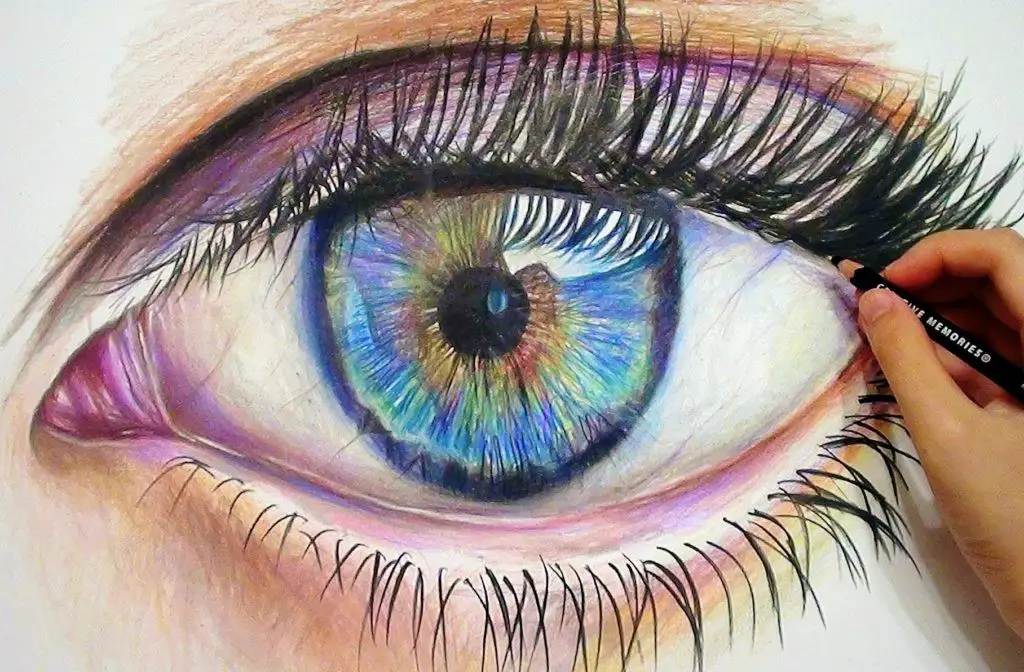
Eyestrain is probably the great enemy of the geek world . Being in front of a computer means sitting staring at a screen , where the ciliary muscle undergoes great levels of stress. Furthermore, either because of its status as a "work tool" or because it is the cardinal object of leisure, the screens of tablets, personal computers and smartphones have become the core of our time..
According to reports from the American Optometric Association, eye strain affects between 70% and 75% of people who work with computers. How, then, to prevent the eyes from suffering and to keep them in good health?
Physical exercises
First of all, we are going to try to define what is the known eye strain. The astenopia is an ophthalmological condition that manifests itself in zonal-around pain sinus, until the whole head, stinging and a series of visual artifacts due to exhaustion: blurred or double vision, poor focus or even, occasionally, points blacks. This occurs after prolonged periods of doing the same activity , essentially a visual function. Not to be confused with presbyopia , an anomaly that can occur both with the tired and rested eye, and that in many cases it is a congenital condition.
Let's look at some exercises to avoid these problems as much as possible:
Blink frequently
Yes, something as simple as this. We usually blink 15-20 times per minute , approximately every 10 seconds, although the rate can be affected by multiple variables: ambient light index, environmental toxicity, fatigue, and so on. By concentrating, we reduce the frequency to 5 blinks per minute, which results in worse oxygenation and hydration - the tear duct is nothing more than a store that dispenses nutrients - of the eye, and the consequent irritation..
If we suffer from dry eyes, perhaps because the tear flow is insufficient, it is advisable to visit an ophthalmologist to prescribe a solution that complements the natural hydration of the cornea. By the way, eventually take the opportunity to keep your eyes closed and turn them in one direction and another, drawing circles, so that the entire eyeball is hydrated and your muscles tone their condition.
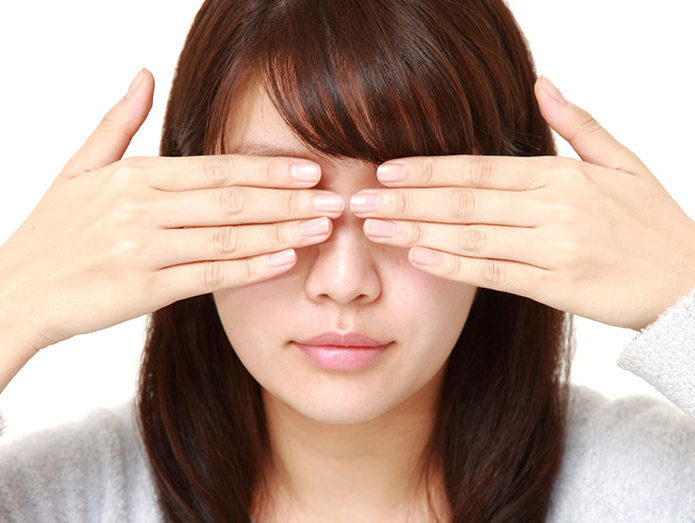
Exercises with the palms
This is simple. We put our hands on the eyes, vertically - if you have glasses, do not forget to take them off first - and place the eye in the center of the palm. From there, with little pressure and with our eyes closed, we massage lightly, in a clockwise direction, for at least one minute. This exercise will stimulate the production of tears , rich in sodium, glucose and protein, and we will be able to focus our vision better. Try to keep your breathing slow, with wide puffs, because a high ICH or a long state of stress will also help the eye to become weak, dry and red..
Focusing the vision
Another exercise consists of placing the big toe about 15 cm from the face and focusing our vision on it , first with one eye, then with another; first focusing the vision on the finger itself and then on the elements behind it. It is a variant of the classic Angol-Saxon 20-20-20 , an exercise that consists of, first, taking breaks of twenty minutes for every hour, and during that time looking at an object located 20 feet away — about 6 meters — for about 20 seconds, forcing the eye to focus on an object at a relatively far distance. 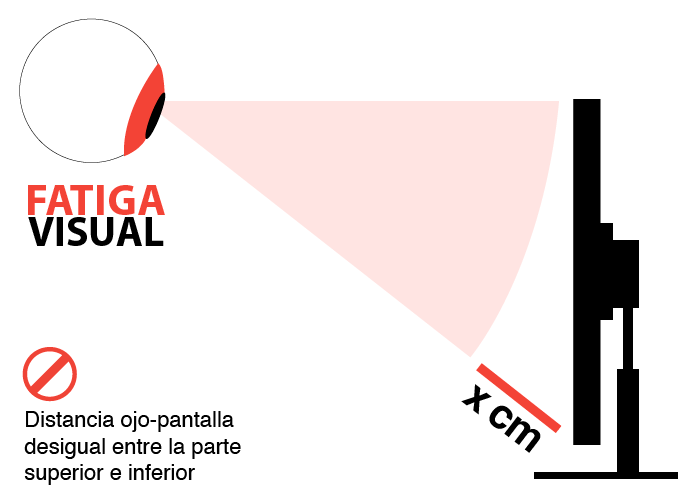
Overexcite the eye
This practice can seem a bit cruel. We could do it by pinching our eyebrows or removing some with tweezers, so that this zonal excitement causes tears. Or smelling a freshly cut onion. Onions absorb sulphides - sulfur compounds - from the soil. When we cut them, we break their cells, we release an enzyme (allinases) that reacts with sulfur, breaking down into sulfoxid amino acids. The resulting sulfur oxide reacts with oxygen in the air and thiopropanal sulfoxide is created .

Against the bad press and the usual myths, making tears naturally does not age the eye , on the contrary. Tears lower blood pressure, stress, eliminate toxins, environmental dust that remains adherent and regulates, although at practically anecdotal levels, our levels of manganese and lithium.
Theoretical advice
On the other hand, to avoid visual fatigue, there are a series of tips to follow that can even eradicate this deficiency.
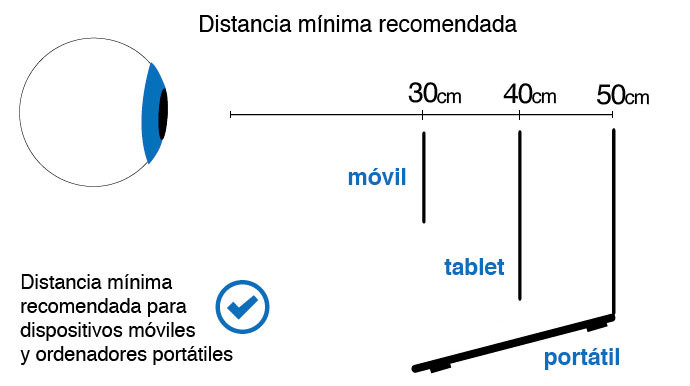
Distance in front of the screen
In this particular we are referring to health issues, not resolutions regarding the density of the pixels of each television. The minimum recommended distances from the screen of a mobile phone are 30-35 cm , if possible leaving the arm at rest or on some surface; 40-45 cm for tablets and 50-55 cm for laptops and computer monitors in general. And let's not forget that the posture when sitting is also decisive to avoid risks.
As in everything, a good monitor is key. The result is not at all the same on a CTR screen or an old TFT with low refresh rates as what we can find in the Lenovo ThinkVision Pro series , where refresh rates of up to 300 Hertz and resolutions of up to 4K (Ultra High Definition). The higher the resolution quality and the performance of the monitor, the less our eyes will tire. Hence, one of the main recommendations is that it has an anti-glare screen. Glossy Display finishes only cause annoying glare compared to a matte panel.
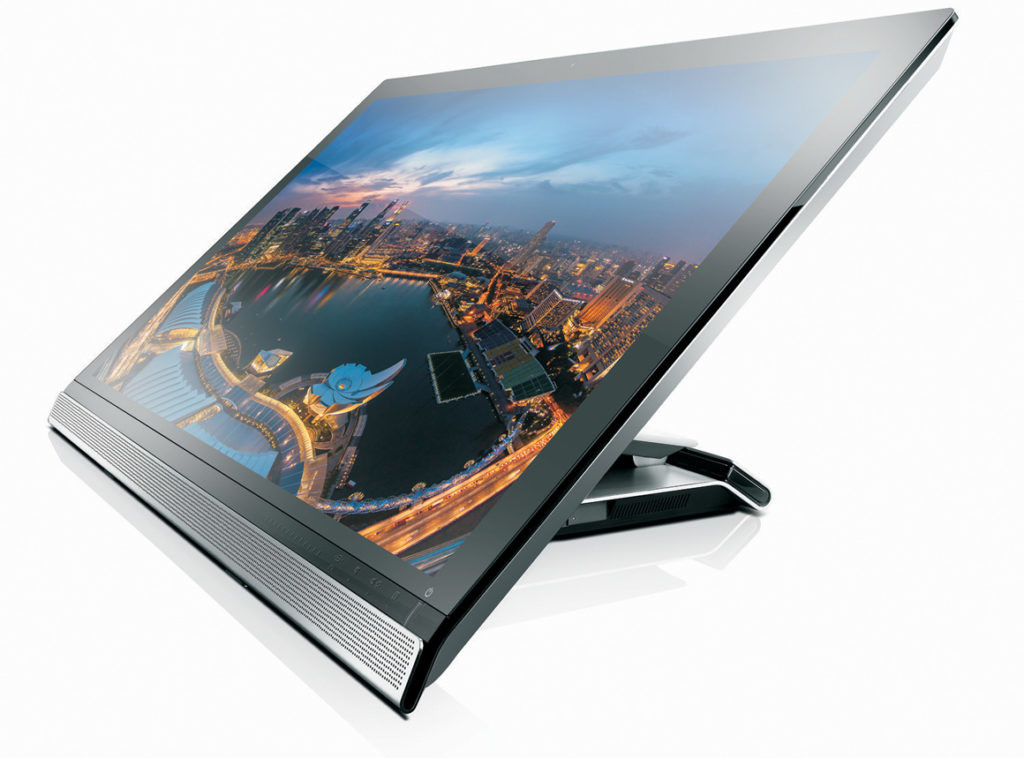
Of light and color
Indeed, for a good vision you have to take into account the light indices of the room. A parity between the light they project and that in the room itself, ideally natural light, is recommended, adjusting that of the monitor accordingly. High contrast has also been shown to deplete vision - any image that comprises rich colors. We recommend a medium intensity to avoid that the brightness emitted by the monitor is not too aggressive. By the way, avoid fluorescent light as much as possible .
Eye cleaning… and screens

As we indicate in this article, good screen cleaning is essential to see well. As if it were personal glasses. But beyond the obvious there is a second reason: dust particles that stick to and projected from the screen can cause eye irritation. Using antistatic microfiber cloths, dust can be collected and removed from the screen and the most susceptible surfaces in our work area, thus avoiding breathing and working in an environment that can negatively affect our vision.
A good diet
They say that carrots are good for the eyes. This is an old belief - we would have to go back to the late Middle Ages, when they were even recommended to cure the poison of a rat bite - it is quite true: carrots have beta-carotene , a carotenoid that our body transforms into vitamin A But the carrot is only one spearhead of this maxim: blackberries, apricots, grapefruits, cabbages ... we can find vitamin A in many foods. In addition to the consumption of vitamin C, omega 3, foods rich in antioxidants - tomatoes, grapes, nuts - and good hydration, we will help our eyes in the short and long term. And to our entire body.
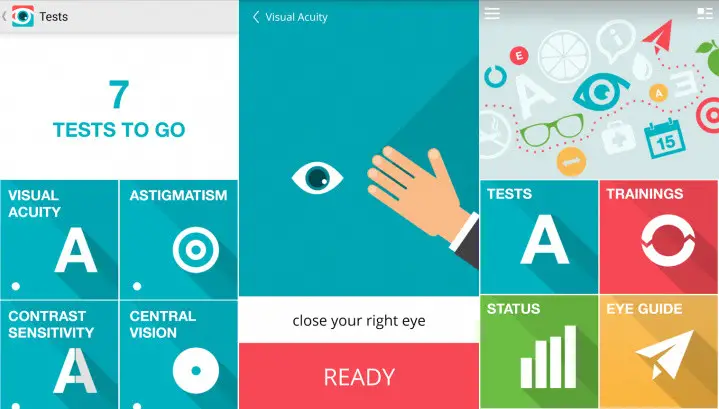
Applications for our eyes
Knowing that we almost never pay attention to the advice of mothers that swarm the internet and since we spend so much time in front of a screen, perhaps we will pay more attention to a mobile application.
Eye Care Plus is a diagnostic app that includes a series of tests to identify and prevent eye problems. Among its 15 exercises and 20 workouts are visual acuity tests, accommodation tests, dry eyes, AMD for macular degeneration, even to know if our glasses are performing well or badly if they are worn, and so on.
Workalcoholic can help us as a routine manager, to avoid falling into long work sessions. We can assign alarms so that every hour or hour and a half warn us and thus we can impose rest cycles.
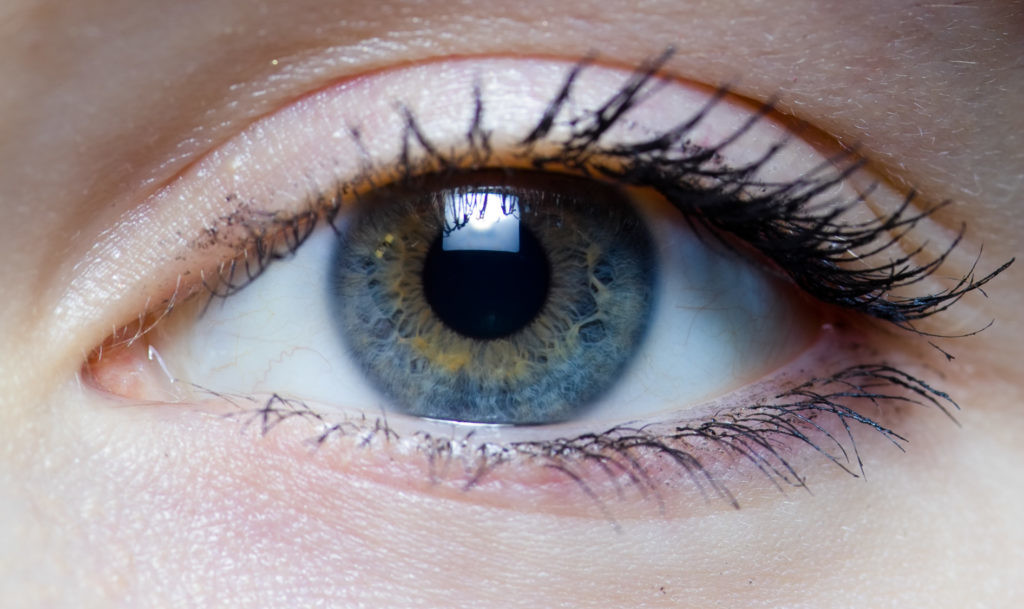 Finally, it should be noted that there is no infallible method beyond good sleep cycles, occasional breaks and taking care that the monitor emits cold light, maximum sharpness - a good balance between font size and distance - and low brightness. If we want the muscles of our eyes to withstand the onslaught of long hours of concentration and adjustment to the screen, it is as important to rest our eyes as it is to take care of using a good monitor.
Finally, it should be noted that there is no infallible method beyond good sleep cycles, occasional breaks and taking care that the monitor emits cold light, maximum sharpness - a good balance between font size and distance - and low brightness. If we want the muscles of our eyes to withstand the onslaught of long hours of concentration and adjustment to the screen, it is as important to rest our eyes as it is to take care of using a good monitor.